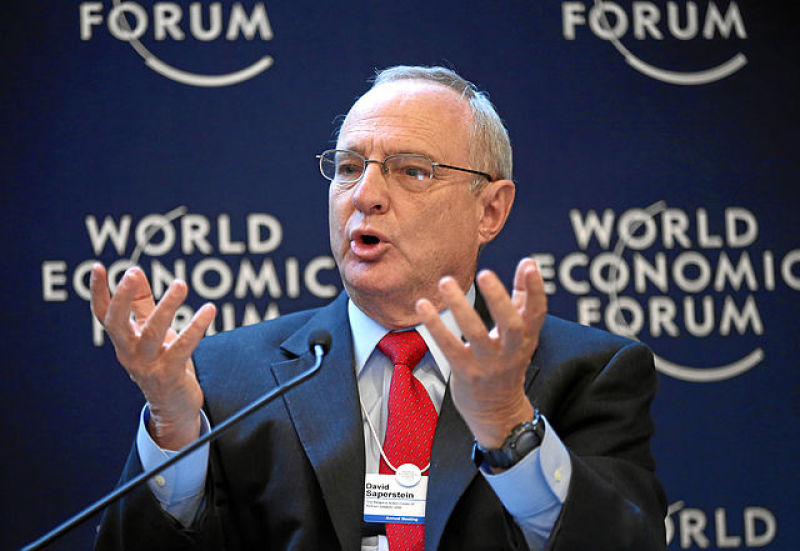
The US State Department released the religious freedom report for the year 2015, and expressed grave concern over the state of religious freedom in a majority of countries around the world.
"No one region, country or religion is immune to the pernicious effects of such legislation," said David Saperstein, ambassador-at-large for international religious freedom, referring to laws on blasphemy and apostasy that restrict religious freedom.
The report said that groups like Islamic State and other terrorist organizations threatened religious liberty by perpetrating violence. At the same time, governments of several countries were also violating international human rights norms.
The Annual Report on International Religious Freedom surveyed about 200 countries, and cited heinous acts of crimes against individuals by intolerant governments.
A woman identified as Farkhunda by the report was brutally killed by a mob on false charges of burning a Koran in Afghanistan, the report said. She denied the allegations but the crowd became uncontrollable and started beating her with sticks and boards before running her over with a car. She was thrown into a dry riverbed, stoned, and set on fire by people. The medical examiners said that she died before the attack ended even as the crowd continued to abuse her lifeless body. The police initially tried to intervene but gave up shortly afterwards and watched the atrocity from a distance.
The attack was condemned by President Ashraf Ghani and an investigation was ordered. The incidence sparked widespread outrage, and memorial was erected for the Farkhunda on the site.
In Pakistan, over 40 people remain on death row for blasphemy, and 62 have been killed by mob violence since 1990.
Twenty-seven Muslims were arrested in Sudan on charges of disturbing public order and apostasy, because they belonged to a school of Islam which says that Quran was the sole source of religious authority but hadiths were not. The detainees were released and proceedings against them were suspended, but the charges against them still stand.
The report also criticized China for demolishing Christian churches and over 1,500 crosses since 2013, and imprisoning religious leaders and lawyers who protest demolitions.
"Over this past year, there continued to be reports that the government physically abused, detained, arrested, tortured, sentenced to prison, or harassed adherents of both registered and unregistered religious groups for activities related to their religious beliefs and practices," the report states.
Media and human rights organizations in China said that police killed Uighur Muslims in house raids and during protests for "ethnic separatism, religious extremism, and violent terrorism," according to the US report.
Seven Tibetans, which included monks, nuns, and laypersons, immolated themselves to protest government policies restricting freedom of religion last year.
North Korea was again among the worst offenders of human rights in the year 2015, as "the government continued to deal harshly with those who engaged in almost any religious practices through executions, torture, beatings, and arrests."
About 80,000 to 120,000 people are expected to be held as political prisoners in North Korea, and kept under dismal conditions in remote areas of the country. Many among the detainees are religious dissidents.
Religiously motivated killings and assaults were reported from India in the year 2015, the US State Department noted.
"Minority religious groups expressed concerns about government discrimination and suggestions by government officials that Hinduism should be taught in public schools. Government officials at the federal, state, and local level made discriminatory statements against members of religious minority groups," the survey said.
Local police was found to be complacent in religiously-motivated violence, when they failed to lodge complaints against the attackers or incriminated the victims instead.
"Members of minority groups who were victims of religiously motivated violence or other animus complained of police inaction regarding such incidents. Attackers frequently acted with impunity, and, according to some victims, police resisted filing criminal complaints and in several instances threatened to falsely incriminate the victims."
Vietnam was one of the countries where religious freedom was on rise. The government has expanded national-level recognition of religious organizations such as the Church of Latter Day Saints, while cooperative local authories are reporting an increase in local church registrations. Fewer cases of legal persecution was encountered by religious organizations in major cities of Hanoi and Ho Chi Minh.



















